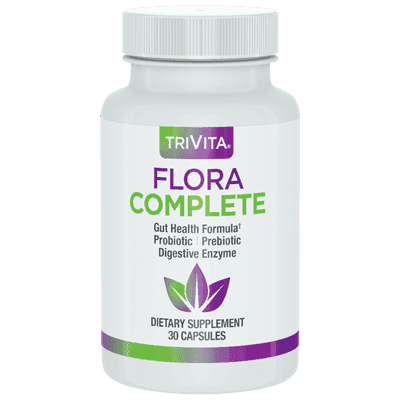Amino acids are the building blocks of protein and play an important role in the health of your entire body, including your integumentary system which involves your largest organ – your skin! Your skin is the first thing people see and can say a lot about your overall health. Essential Amino Acids (EAA) need to be on your list of must-have supplements to support your entire body.
What are Amino Acids?
There are over 20 different amino acids, which are crucial components of human life. Amino acids contribute to many metabolic processes, protein synthesis and play a role –either directly or indirectly– in nearly every bodily function.
Some amino acids can be produced within the body; however, there are nine amino acids that our bodies can’t produce. For that reason, these are referred to as Essential Amino Acids (EAA). These include histidine, isoleucine, leucine, lysine, methionine, phenylalanine, threonine, tryptophan and valine. Each plays a different role in the body and has unique properties essential to your wellness.
It’s important to note that EAAs are not the same as branched-chain amino acids (BCAA). Branched-chain amino acids are a group of three Essential Amino Acids that have a chain that branches to the side. These amino acids are leucine, isoleucine, and valine. So, all BCAAs are EAAs, but not all EAAs are BCAAs. While BCAAs are important for energy production, muscle metabolism, and overall health, they alone are not enough.

How do Essential Amino Acids help your body?
Amino acids are necessary for the process of creating collagen, fibrinogen
Collagen and elastin production begins to slow down around your 20s. If your body doesn’t produce enough elastin and collagen, it can start to take its toll on your joints, cartilage, hair, skin
In addition, amino acids play a key role in:
- Healthy triglyceride and LDL levels maintenance
- Blood glucose level regulation
- Metabolism regulation
- Blood pressure regulation
- Cardiovascular health
- Liver health
- Neurotransmitter production
- Injury and illness recovery
- Improved muscle protein synthesis
Essential Amino Acid Sources
As explained earlier, nine amino acids are necessary because your body cannot produce them through normal metabolic processes, they must come from your diet or supplementation. Natural sources of these EAAs include meat, fish, eggs

In his book, The Building Blocks of Life, renowned amino acid expert and competitive athlete Dr. Robert Wolfe explains that dietary protein is the conventional source of amino acids. However, approximately 30% of Americans over the age of 65 fail to consume the minimum daily recommended intake of protein. Even with adequate consumption, dietary protein alone doesn’t provide the balance of EAAs necessary for optimal health.
While protein still has a place on your plate, supplementation is the best way to ensure you are receiving the right balance of Essential Amino Acids for your goals.












